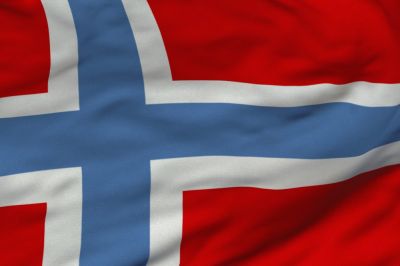
The differences between types of higher education institutions are mainly related to their self-accreditation rights. Universities can without applying for external accreditation establish study programmes at all levels. University colleges may establish new programmes at the bachelor level without applying for accreditation. The state-owned colleges who have the right to award the degree Ph.D. may establish master programmes within the subject area of their Ph.D. Private higher education institutions accredited in one of the categories mentioned in Specific Legislative Framework have the same freedom of establishment of programmes as the state-owned institutions belonging to the same category, while the private higher education institutions without institutional accreditation still have to apply to NOKUT for all new programmes. The different categories of higher education institutions in Norway are as follows:
● Universities (so far public institutions only)
● Specialised university institutions (both public and private)
● University colleges (both public and private) including two public University colleges of arts
● Other
university colleges (public, but not under the auspices Ministry of
Education and Research, i.e military colleges and the The Norwegian
Police University College)
● Higher education institutions that provide accredited study programmes (private).
Transfers between the institutions are encouraged and simplified by the degree system (see section Certification) .
Norway does not have a separate open university. All universities and university colleges are expected to offer flexible ICT-supported courses. Norway Opening Universities (NOU) was established in 1999 as a national collaboration and networking agency, supported by the Ministry of Education and Research. NOU provides on its web site a comprehensive database with search engine on continuing education courses, both ICT-supported and on-campus courses, on offer from all universities and university colleges. A national distance education network in higher education (SOFF) was established in 1990, located in Tromsø. SOFF was responsible for distant ICT-supported learning, working with stimulation through public grants for development and networking. In 2004, SOFF was merged into Norway Opening Universities. Represented in the NOU board are organisations of public and private universities and university colleges, national student organisations, employers’ and employees organisations.
The Norwegian Association of Higher Education Institutions (UHR)
was established in 2000 by merging the former associations of the
university sector and of the university colleges. Its mission is to
coordinate the activities of the member institutions, and to contribute
to a national policy on higher education. Private university colleges
have their own a separate association,The Norwegian Network for Private
Higher Education Institusions. The accredited private higher education
institutions may become members of UHR as well.
More than 85 % of
students attend state institutions, although there are as many as 34
private institutions with recognised study programmes, compared to 43
state institutions.
(See section Educational Institutions, Administration and Management at Tertiary Level for information about the management of institutions at higher education level, and see section on Organisation of Private Education for information on private higher education institutions).
source:
Eurypedia - The European Encyclopedia on National Education Systems
http://eacea.ec.europa.eu/education/eurydice/eurypedia_en.php